Can I Get a Home Loan with a CIBIL Score of 550 in 2025?
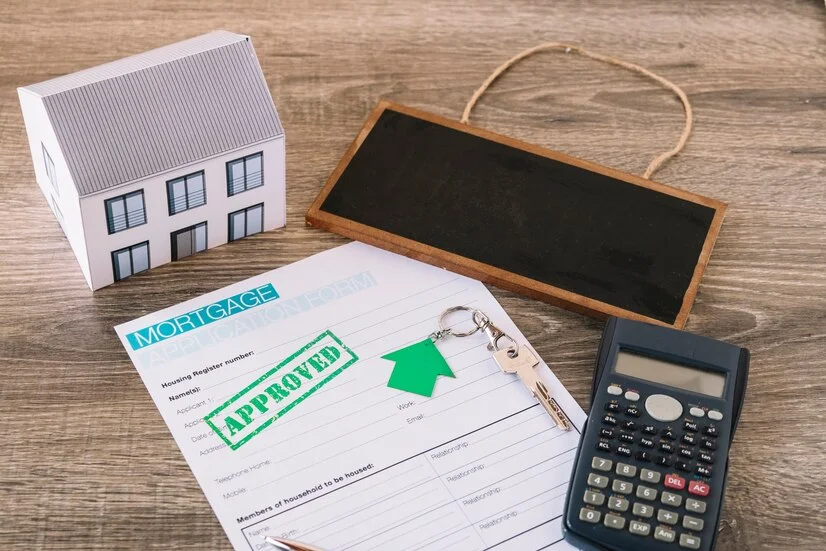
Dreaming of owning a home but are stuck with a CIBIL score of 550? Your credit score plays a huge role in landing a home loan, and at 550, the road gets bumpy. Ranging from 300 to 900, a higher score (think 750+) makes lenders smile, while a lower one raises eyebrows. Most banks want at least 650 for a home loan, so 550 is a challenge—but not a dead end. In this 2025 guide, we’ll break down your odds, options, and steps to boost your score for that dream home.
What Does a CIBIL Score of 550 Mean?
Your CIBIL score is a three-digit snapshot (300–900) of your credit habits, tracked by the Credit Information Bureau India Limited (CIBIL). It reflects your payment history, debt levels, and financial discipline. A score of 550 flags you as “average” or “high-risk” to lenders—maybe you’ve missed a few EMIs or maxed out credit cards. It’s not the end of the story, though! Your score isn’t fixed; it shifts with your actions, and a 550 today can grow with effort.
How Does Your CIBIL Score Affect Home Loan Eligibility?
Home loans are big commitments, often secured by the property itself. Lenders lean heavily on your CIBIL score to:
- Gauge Risk: A 550 score suggests past payment hiccups, making you riskier.
- Set Terms: Lower scores mean higher interest rates or smaller loan amounts.
- Speed Approval: Scores of 750+ fast-track approval; 550 slows it down.
But it’s not just about the score. Lenders also check your income, debt, down payment, and job stability. A solid profile can offset a low score—more on that later.
Can You Get a Home Loan with a 550 CIBIL Score?
Yes, but it’s tough. Here’s the reality in 2025:
- Traditional Banks: Most require 650+ and may reject a 550 outright.
- NBFCs & Alt Lenders: Non-Banking Financial Companies (e.g., Bajaj Housing Finance) or fintechs might say yes, but expect:
- Higher interest rates (12–15% vs. 8–10% for 750+ scores).
- Smaller loans (e.g., 40–50% of property value).
- Extra scrutiny of your finances.
Score Ranges:
- 750+: Excellent—prime rates and terms.
- 650–749: Good—decent offers.
- 550–649: Average—needs work.
- Below 550: Poor—very limited options.
A 550 score won’t impress, but it’s not a total dealbreaker.
How to Boost Your Chances in 2025?
Don’t have 650+? You can still improve your odds:
- Bigger Down Payment: Pay 30–40% upfront to lower the lender’s risk.
- Co-Applicant: Add someone with a 700+ score to strengthen your application.
- Reduce Debt: Pay off credit cards or loans to improve your debt-to-income ratio.
- Show Stable Income: A steady job or higher earnings can sway lenders.
- Shop Around: NBFCs, small banks, or online platforms (e.g., IndiaLends) often cater to lower scores.
Pro Tip: Avoid multiple applications—each rejection adds a hard inquiry, dinging your score further.
How to Improve Your 550 Score?
A low score isn’t permanent. Here’s how to climb up in 2025:
- Pay on Time: Clear EMIs and bills promptly—late payments are score-killers.
- Cut Credit Use: Keep card balances below 30% of your limit (e.g., ₹3,000 on a ₹10,000 limit).
- Fix Errors: Check your CIBIL report for mistakes and dispute them online.
- Diversify Credit: A mix of secured (e.g., car loan) and unsecured (e.g., credit card) credit helps—if managed well.
Quick fix? You might gain a few points in 30 days, but jumping to 650+ takes 6–12 months of discipline.
Why does a Low Score happen?
A 550 score often stems from:
- Missed Payments: Late EMIs or unpaid bills.
- High Debt: Maxed-out cards or too many loans.
- Too Many Inquiries: Recent loan shopping spree.
- Credit Mix Issues: Over-reliance on one type of credit.
- Report Errors: Wrong data dragging you down.
Know the cause, and you can fix it.
Conclusion
A CIBIL score of 550 makes a home loan harder in 2025, but not impossible. Traditional banks may pass, but NBFCs or co-applicants can open doors—often with higher rates or smaller amounts. Your score reflects your financial past, not your future. Start with timely payments and debt cleanup to nudge it up, and use tools like home loan eligibility calculators to find a fit. With patience and strategy, that 550 can turn into homeownership.
Frequently Asked Questions (FAQs)
Q: What’s the minimum CIBIL score for a home loan?
A: Most lenders want 650+, but some NBFCs accept 550 with stricter terms.
Q: How does CIBIL calculate my score?
A: It uses monthly bank reports on your payments, debt, and credit activity to assign a score from 300–900.
Q: Can banks see my CIBIL score?
A: Yes, they check it whenever you apply for credit to assess your risk.
Verify Phone Number
Related Post
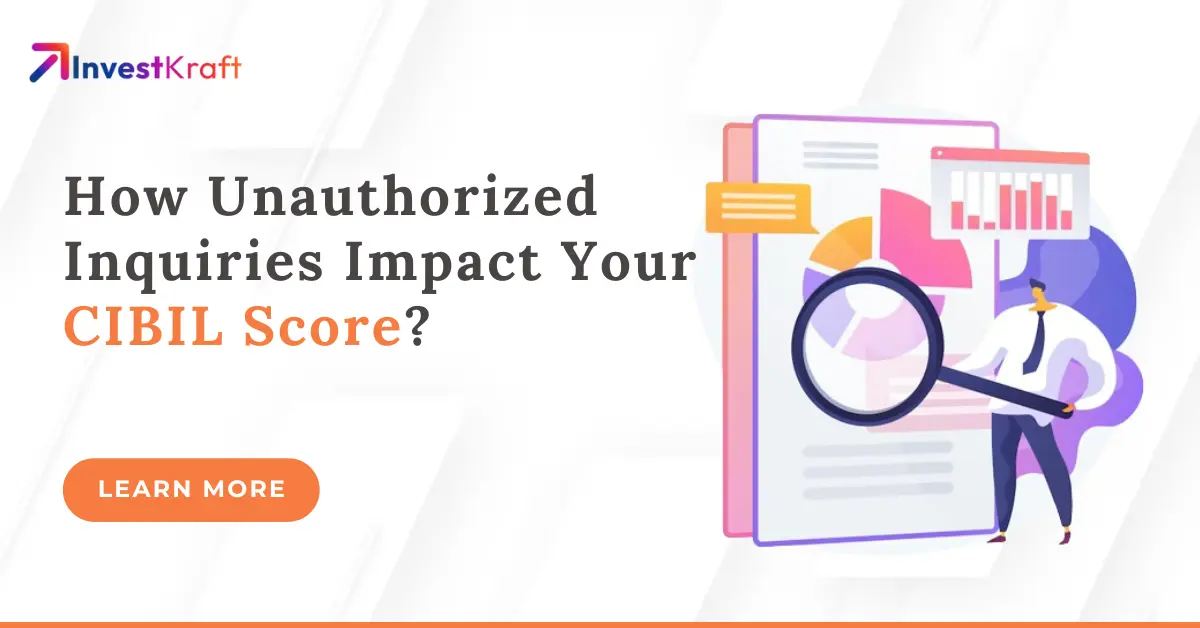
CIBIL Score Alert: Steps to Fix Unauthorized Inquiries on Your Credit Report
If you find a credit enquiry from a bank/financial institution that you do not recognize on your CIB...
Read more...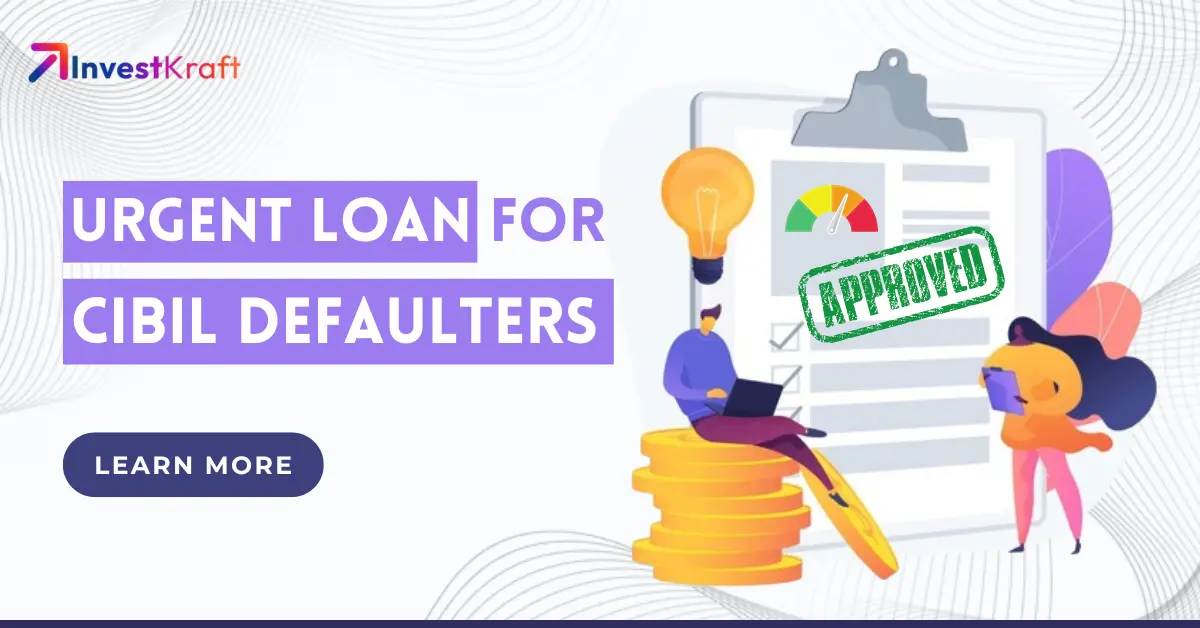
Get a Loan with Bad CIBIL Score in 2025 – Instant Options!
A low CIBIL score can feel like a financial dead end, especially when emergencies strike—medical bil...
Read more...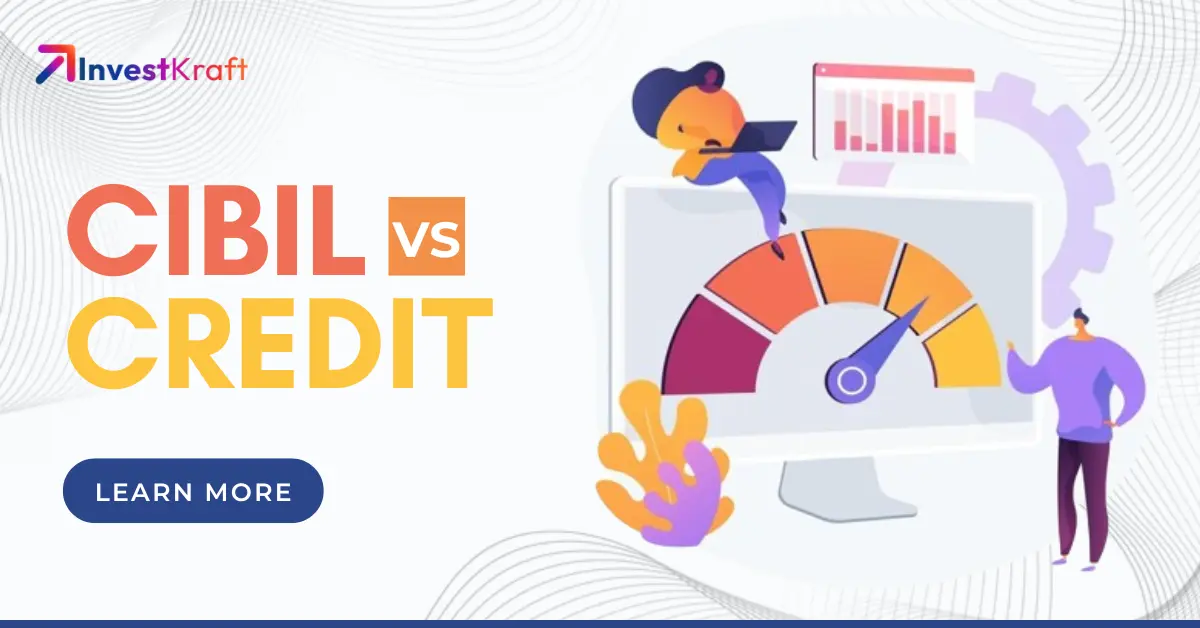
Difference Between CIBIL Score and Credit Score
You have probably encountered the terms "credit score" and "CIBIL score" if you have ever applied fo...
Read more...
Top 8 Reasons for Loan Rejection with Good CIBIL Score
Imagine that you have worked very hard to raise your credit score over a long period. You now have f...
Read more...
6 Factors That Will Not Affect Your CIBIL Score
The CIBIL stands for Credit Information Bureau (India) Limited (CIBIL). It is the first Credit Infor...
Read more...
Can I Get a Home Loan with a CIBIL Score of 550 in 2025?
Dreaming of owning a home but are stuck with a CIBIL score of 550? Your credit score plays a h...
Read more...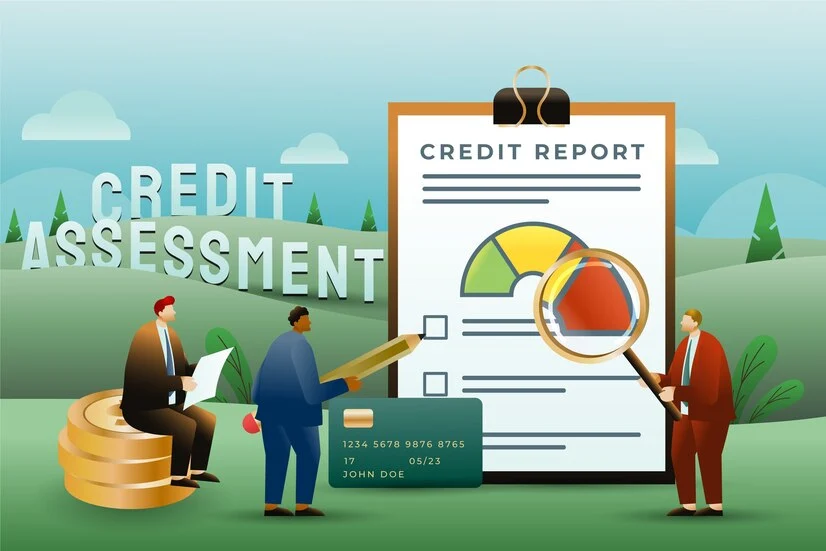
What Is The Minimum Cibil Score Should I Have To Get A Business Loan
Minimum cibil score to get business loan, Effective preparation, diligence, and a willingness t...
Read more...Reach out to our Experts if you have any Doubts
Like the best things in life, Consultations @InvestKraft are free
Drop a Mail or give us a Missed Call & Begin your Investment Journey here



